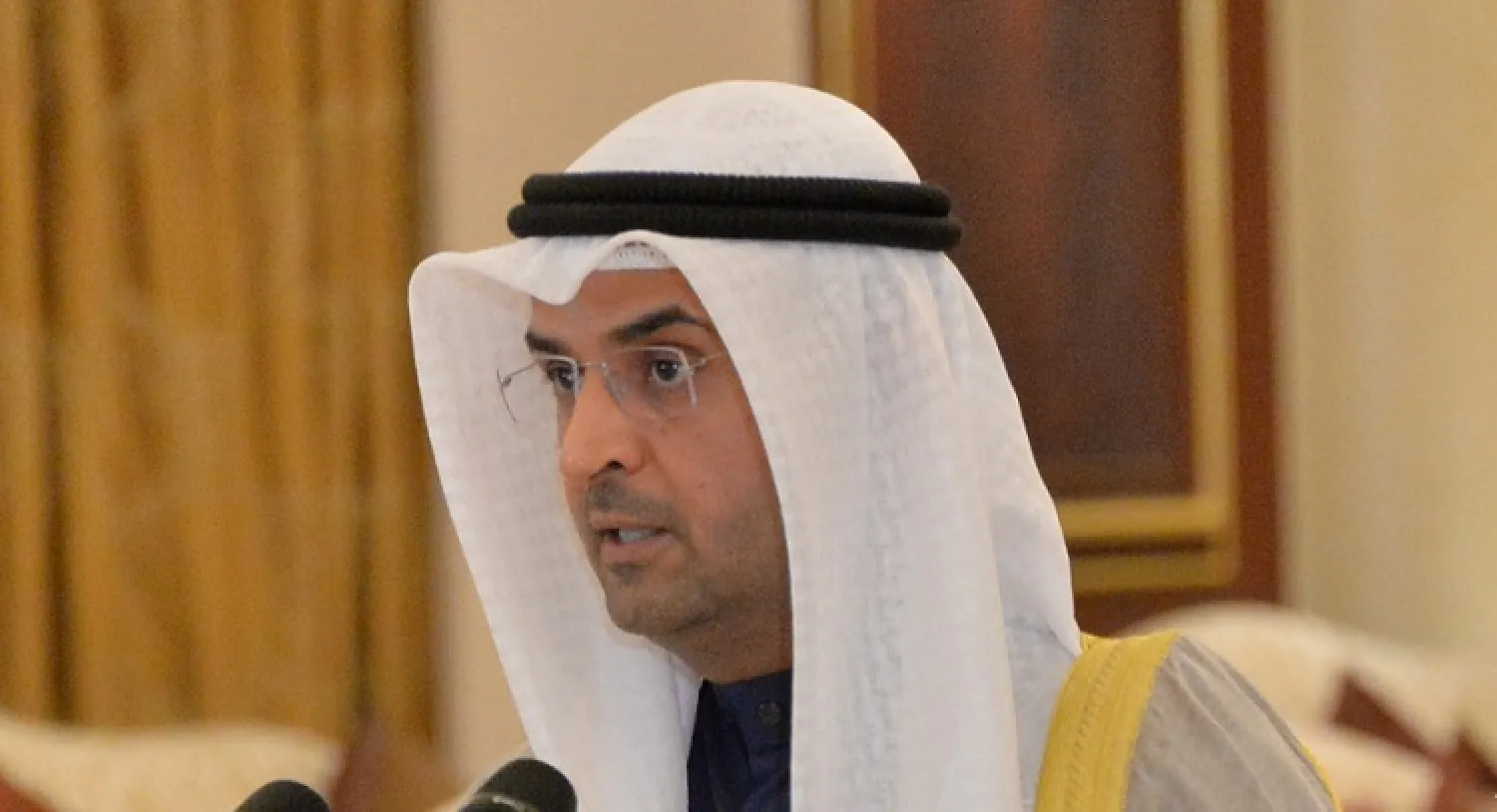Kuwait has announced a state budget for the year ending on March 31, 2019 with a deficit of 17 billion dollars and based on an average oil price of $50 per barrel.
It projected on Monday spending at 20 billion dinars ($66.7 billion) and revenues at 15 billion dinars.
Kuwait’s Finance Minister Nayef al-Hajraf said the budget would be based on an average oil price of $50 per barrel, and that the deficit would be financed by borrowing and using reserves.
Hajraf said that subsidies are projected at KD3.432bn of the budget. The budget for the current fiscal year was estimated based on an oil price of $45.
Oil revenues are expected to reach KD13.3bn, up from KD11.7bn a year ago. Non-oil income is projected to remain almost flat at KD1.6bn.
The KD Five billion deficit would be before the transfer of 10 percent of revenues to Kuwait’s sovereign wealth fund.
The subsidy provided by the oil-rich country and an OPEC member over the past four years has been controversial and debated between the government, which wanted to cut costs as oil prices fall, and MPs who refused to reduce any benefits enjoyed by citizens.
Hajraf said that salaries would not be affected by the spending cap and the state would continue providing support for those who deserve it.
He said the new budget came under the slogan “control spending, a step towards financial reform,” stressing that the government is determined to control spending and reduce the institutional and financial wasting in all fields.
"We also seek to raise operational efficiency and increase the efficiency of collection of non-oil revenues," Hajraf added.









